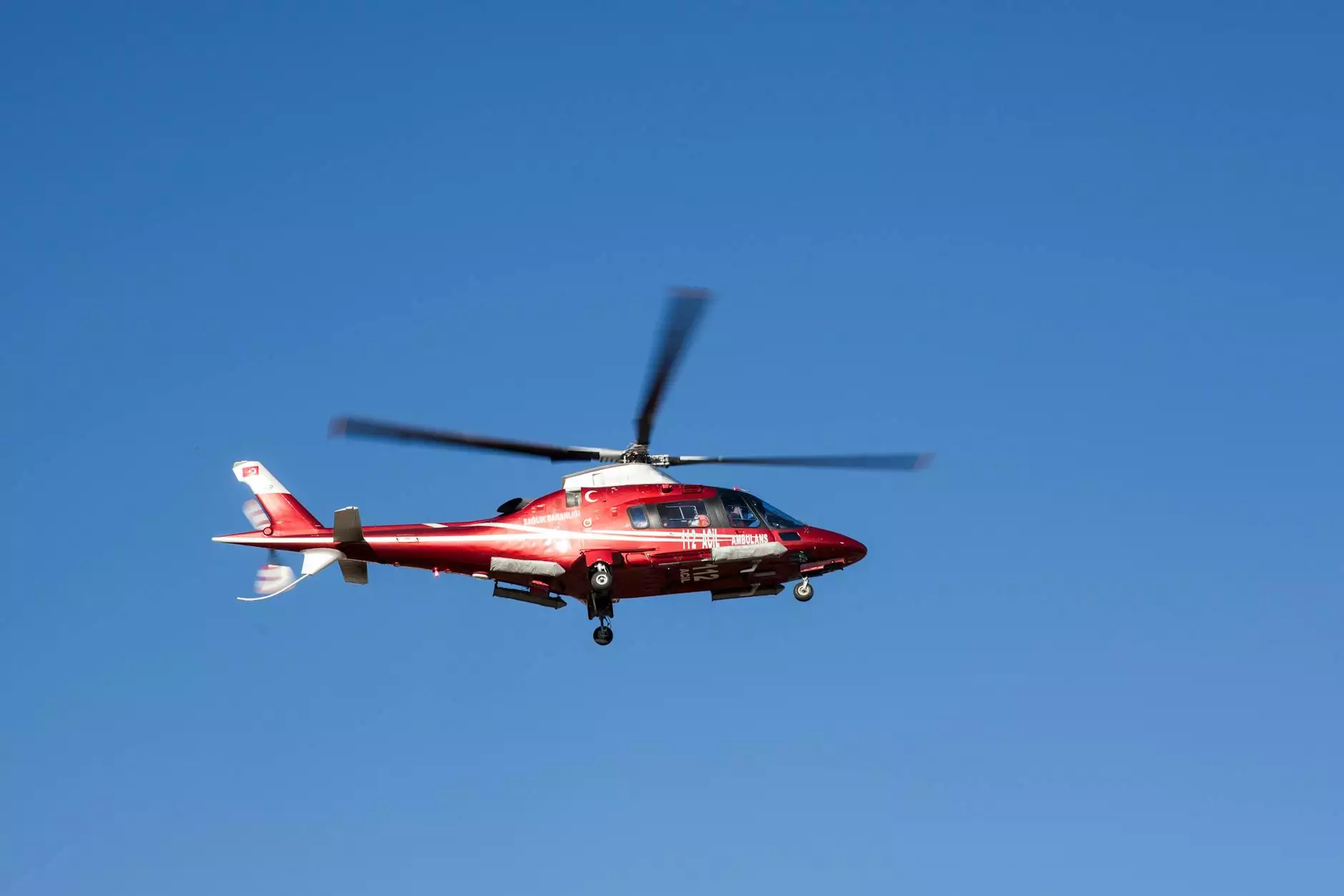Aéro Formation: Elevating Your Career in Aviation

The aviation industry is one of the most dynamic and fast-evolving sectors globally. With advancements in technology and a growing demand for air travel, the need for skilled professionals is skyrocketing. One pivotal way to gain a foothold in this exhilarating industry is through aéro formation. In this comprehensive guide, we will explore the myriad of training opportunities available, their significance, and how they can help you establish a successful career in aviation.
Understanding Aéro Formation
Aéro formation refers to the specialized training programs designed to equip individuals with the skills and knowledge required to excel in various aviation roles. These programs cover a wide array of fields including piloting, aircraft maintenance, air traffic control, and aviation management. With the right training, aspirants can gain the necessary certifications and hands-on experience that employers in the aviation industry highly value.
The Importance of Aéro Formation in Aviation
Aéro formation plays a critical role in ensuring a highly skilled workforce. As the demand for air travel continues to rise, so does the need for well-trained aviation professionals. Here are several reasons why aéro formation is essential:
- Safety Standards: Aviation is one of the most regulated industries due to safety concerns. Training programs ensure that professionals are knowledgeable about safety protocols and procedures.
- Industry-Relevant Skills: Programs are tailored to current industry standards, ensuring that graduates possess the most relevant skills for today’s job market.
- Career Advancement: A well-structured training program can significantly enhance career prospects, with many airlines and aerospace companies prioritizing candidates with formal training.
- Networking Opportunities: Aéro formation programs often include interactions with industry professionals, creating valuable networking opportunities for students.
Types of Aéro Formation Programs
There are numerous pathways one can take within aéro formation. Below we delve into the primary areas of specialization:
Pilot Training
Becoming a pilot is one of the most coveted careers in aviation. Training involves both theoretical and practical coursework. Aspiring pilots must undergo various stages of training which include:
- Private Pilot License (PPL): This is the foundational license that allows the holder to fly privately.
- Commercial Pilot License (CPL): Following the PPL, this license allows pilots to be compensated for flying.
- Airline Transport Pilot License (ATPL): The highest level of pilot certification, this license is required to act as a captain for commercial airline operations.
Aircraft Maintenance Training
The mechanical and technical aspects of aviation are just as important as flying. Aircraft maintenance training ensures that personnel are equipped with the skills to keep aircraft in operational condition. The training typically covers:
- Engine Mechanics: Understanding the function and repair of aircraft engines.
- Avionics: Training in electronic systems used in aviation, from communication systems to navigation.
- Airframe Maintenance: Focusing on the physical structure of the aircraft.
Air Traffic Control (ATC) Training
Air traffic controllers (ATCs) play a vital role in ensuring the safety and efficiency of air travel. ATC training includes:
- Traffic Management: Learning how to manage the flow of air traffic.
- Communication Skills: Developing the ability to communicate effectively with pilots and other air traffic personnel.
- Emergency Protocols: Training on how to handle emergency situations promptly and efficiently.
Aviation Management Training
For those interested in the business side of aviation, aviation management training is ideal. This specialization covers:
- Regulatory Compliance: Understanding the legal requirements of aviation operations.
- Finance and Economics: Learning about the financial aspects of running an aviation corporation.
- Marketing in Aviation: Strategies for promoting aviation services to clients.
The Benefits of Pursuing Aéro Formation
Pursuing aéro formation offers numerous advantages for budding aviation professionals. Here are some key benefits:
1. Enhanced Employment Opportunities
With a recognized qualification from a reputable training program, candidates can significantly boost their employability. Many employers prefer hiring individuals who have undergone formal training, as they can trust their competence and knowledge base.
2. Specialized Knowledge and Skills
Aéro formation equips students with specific knowledge relevant to their career tracks, such as aircraft systems, navigation, and regulations. This specialized knowledge provides a competitive edge over less-trained candidates.
3. Practical Experience
Most aéro formation programs include practical training, allowing students to apply their theoretical knowledge in real-world scenarios. This hands-on experience is invaluable for building confidence and skills.
4. Improved Safety Awareness
Safety is paramount in aviation. Through rigorous training, students learn comprehensive safety protocols, which not only protect themselves but also ensure passenger safety.
Choosing the Right Aéro Formation Program
Selecting the appropriate training program is crucial for maximizing career benefits. Here are some factors to consider:
- Accreditation: Ensure the program is accredited by relevant aviation authorities.
- Curriculum: Review the curriculum to make sure it aligns with your career goals.
- Instructors’ Qualifications: Look for programs with experienced instructors who have industry experience.
- Job Placement Assistance: Programs that offer job placement services can greatly enhance your transition into the workforce.
Conclusion: The Sky's the Limit with Aéro Formation
Aéro formation is a gateway to exciting careers in the aviation industry. By pursuing the right training, aspiring professionals can gain a wealth of knowledge, acquire essential skills, and open doors to numerous employment opportunities. Invest in your future today, and embark on a rewarding journey in aviation!
Call to Action
If you are ready to take your first step into the amazing world of aviation, consider enrolling in an aéro formation program. Visit pnc-contact.com for more information on available training options and take the leap towards a fulfilling aviation career.









